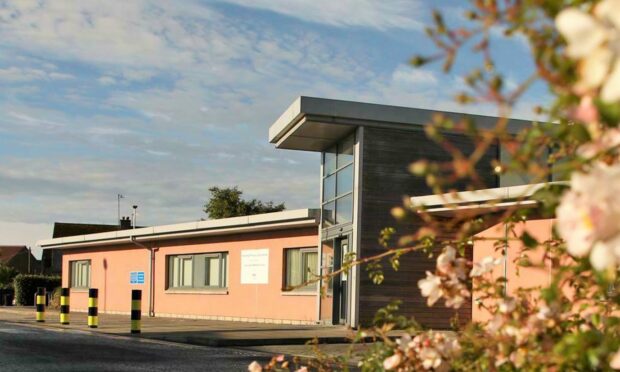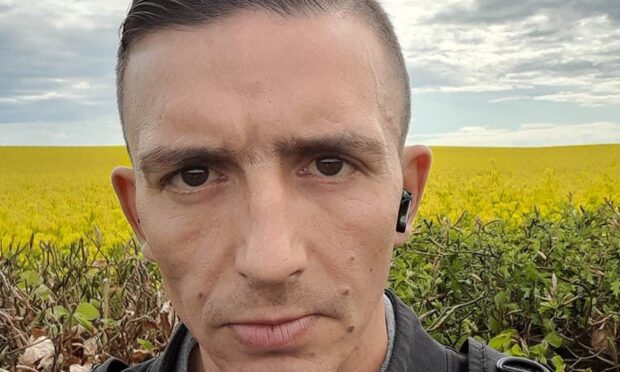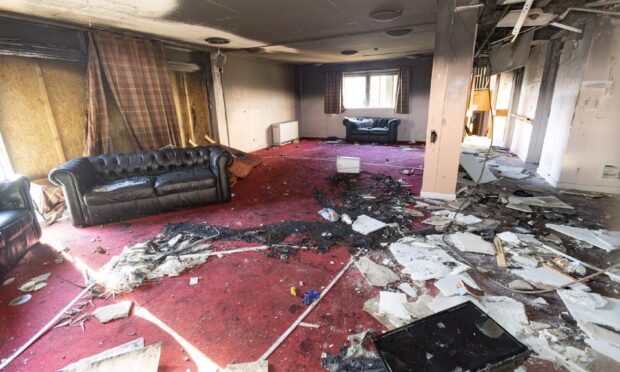Staff at a Carnoustie GP practice claim they are facing “aggressive and abusive behaviour” from patients on a daily basis.
Wendi Lees, general practice manager at Carnoustie Medical Group, says that shouting and swearing at workers has become “common” and has created a “stressful and unhealthy working environment”.
She told The Courier that the problem is getting worse as demand on services grows and people struggle to access appointments with a GP.
‘This is an everyday occurrence’
She said: “Shouting and swearing are quite common, unfortunately.
“[We] fully understand people may be ill and annoyed but [it’s] not acceptable. This is an everyday occurrence.
“[It happens] mostly on the phone, however we have had a few incidences at the reception desk where team members, including myself, have felt threatened.”
She says that demand “outweighs resources” at the practice, and that patients not using chemists to their full capacity only adds to the issue.
It comes after claims were made by a senior Tayside doctor last week that Scotland is facing the “death of general practice” due to pressures on the sector.
There has also been a 3% drop in the number of full-time GPs in Scotland in the past three years with capacity at its lowest level since 2009.
Abuse ‘unacceptable and upsetting’
Carnoustie Medical Group posted a statement on social media at the end of last week calling for patients to show more respect to staff.
It said: “We have noticed an increase in aggressive and abusive behaviour toward our reception and admin team which is not only unacceptable but also quite upsetting.
“All team members work hard to serve our community by helping patients to make appointments, access results and signpost to the appropriate healthcare professional.
“We must value and treat them with respect if we want to keep them.
“Abuse towards staff contributes to a very stressful and unhealthy working environment.”
The practice employs 11 GPs and two trainee GPs, as well as a nursing team and admin staff.
It has more than 13,000 registered patients.













Conversation